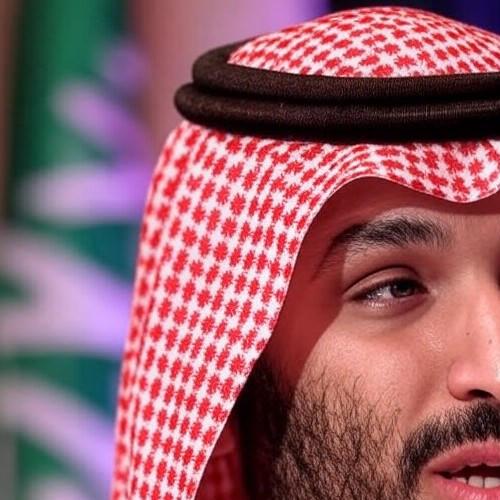When President Donald Trump made Saudi Arabia the first stop on his overseas agenda in his new term, the significance was clear. Meeting with Crown Prince Mohammed bin Salman, often referred to simply as MBS, highlighted the alignment between U.S. interests and the changing landscape of the Saudi state. As he turns 40 this month, MBS is reflecting on a decade in power marked by significant societal shifts, particularly around women’s rights. Under his guidance, women in Saudi Arabia have gained rights that would have been unthinkable just a few years ago.
Women in the kingdom now drive, can travel without needing a male guardian, and have entered previously male-dominated professions in law, aviation, and international diplomacy. This extends their presence in the workforce to about 36%. Such a statistic may appear typical in the United States but marks a monumental transformation in Saudi culture. This progressive movement is critical, as it not only aids in diversifying the nation’s talent pool but also contributes to economic growth.
MBS has strategically connected domestic reforms to foreign policy initiatives. His support for the Abraham Accords suggests a desire to forge stronger ties with Israel, believing that genuine normalization requires a significant commitment to establishing a Palestinian state. He insists that a viable solution to the Palestinian issue is essential for solidifying regional alliances and ensuring stability.
However, this acceleration in reform comes with a cost. The Saudi regime maintains a tight grip on dissent, and political engagement remains restricted. Reports have surfaced detailing the arrests of activists and businessmen, prompting critics to question the sincerity of MBS’s reform agenda. History indicates that rapid changes within rigid systems often result in clashes with established interests. Leaders like Turkey’s Atatürk, Singapore’s Lee Kuan Yew, and China’s Deng Xiaoping executed substantial changes but not without facing strong opposition and employing harsh measures to maintain control.
MBS himself has acknowledged his missteps—some major, others seemingly trivial—but shows a remarkable capacity to learn quickly. He adapts his strategies when necessary and knows when to pivot instead of stubbornly insisting on unsuccessful paths. This ability to recalibrate is not commonly found in many leaders, making his approach noteworthy.
What distinguishes MBS from other reform-minded leaders is the time he has on his side. Turning 40 this month, he has the potential to govern for decades, allowing him the opportunity not just to implement reforms but to embed them deeply within Saudi institutions and societal norms. Few leaders have achieved so much in a decade while simultaneously redefining their country’s global standing.
Looking ahead, MBS’s anticipated visit to the White House suggests a forthcoming agenda focused on defense integration, technological cooperation, and energy investments that could stimulate U.S. job creation. Furthermore, diplomacy aims to expand Arab-Israeli normalization while addressing the political future of the Palestinians. If MBS successfully marries internal modernization with a sustainable strategy for regional peace, the benefits could extend far past the Gulf, potentially impacting oil prices, stability, and U.S. influence on a generational scale.
"*" indicates required fields


